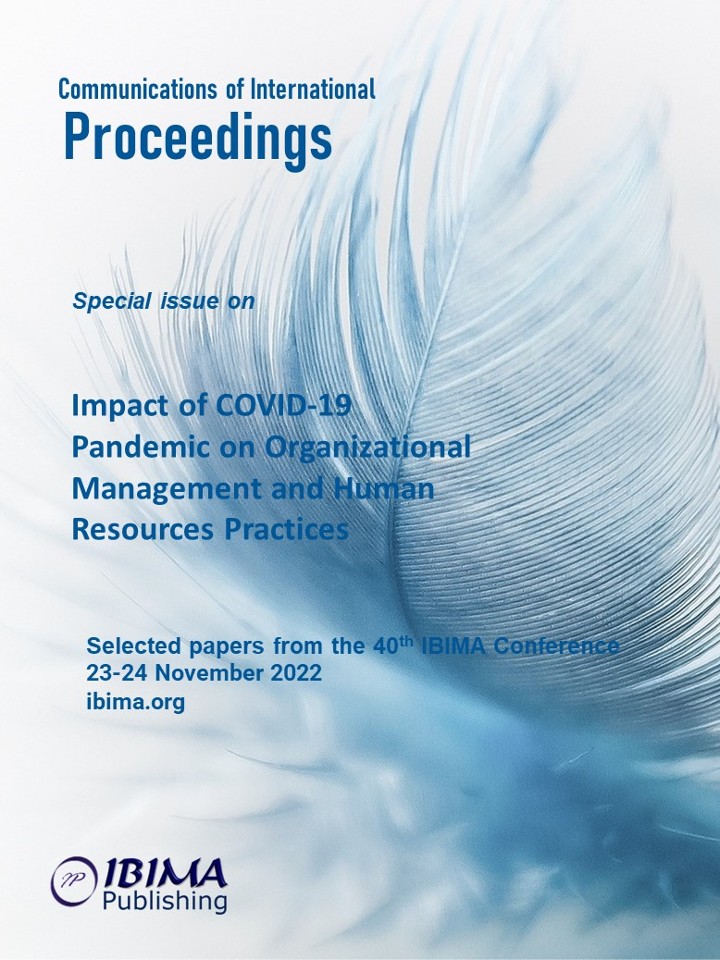
Tengku Ezni BALQIAH, Fanny MARTDIANTY, Rifelly Dewi ASTUTI and Mutia Nurazizah RACHMAWATI
Faculty of Economics and Business, Universitas Indonesia, Jakarta, Indonesia

The Corona Disease 2019 (COVID-19) pandemic has changed the world considerably and has disrupted businesses and people’s lives globally. In response to the pandemic, businesses have seen increased demand for corporate social responsibility (CSR). Businesses can increase their investments in CSR initiatives during the pandemic through various actions. This study examines how the various motives of philanthropy CSR influence perceived quality of life, company image, and advocacy. This study employed surveys of 719 respondents from five regions in Indonesia that had the highest number of COVID-19 cases in the country. A structural equation model was used to test the hypothesis. The results showed that value and strategic motives positively influenced the perceived quality of life and corporate image, while the egoistic motive was negatively associated with both the perceived quality of life and the image of the company. The study also suggested that advocacy was strongly related to the perceived quality of life instead of a corporate image. The results indicate that, during a pandemic, both public- (i.e. value) and firm-serving (i.e. strategic) motives can have the same impact as long as people perceive that the businesses are sincere.